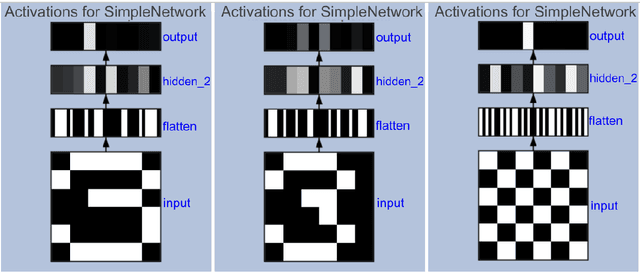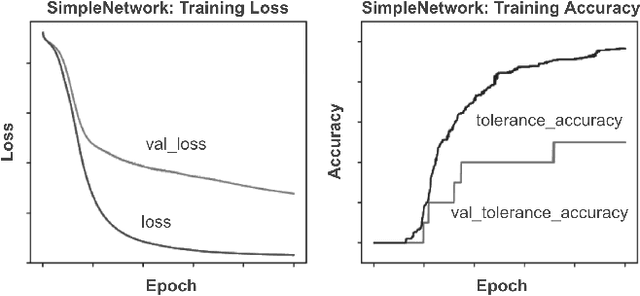Zehua You
Promoting Online Safety by Simulating Unsafe Conversations with LLMs
Jul 29, 2025Abstract:Generative AI, including large language models (LLMs) have the potential -- and already are being used -- to increase the speed, scale, and types of unsafe conversations online. LLMs lower the barrier for entry for bad actors to create unsafe conversations in particular because of their ability to generate persuasive and human-like text. In our current work, we explore ways to promote online safety by teaching people about unsafe conversations that can occur online with and without LLMs. We build on prior work that shows that LLMs can successfully simulate scam conversations. We also leverage research in the learning sciences that shows that providing feedback on one's hypothetical actions can promote learning. In particular, we focus on simulating scam conversations using LLMs. Our work incorporates two LLMs that converse with each other to simulate realistic, unsafe conversations that people may encounter online between a scammer LLM and a target LLM but users of our system are asked provide feedback to the target LLM.
AI Toolkit: Libraries and Essays for Exploring the Technology and Ethics of AI
Jan 17, 2025



Abstract:In this paper we describe the development and evaluation of AITK, the Artificial Intelligence Toolkit. This open-source project contains both Python libraries and computational essays (Jupyter notebooks) that together are designed to allow a diverse audience with little or no background in AI to interact with a variety of AI tools, exploring in more depth how they function, visualizing their outcomes, and gaining a better understanding of their ethical implications. These notebooks have been piloted at multiple institutions in a variety of humanities courses centered on the theme of responsible AI. In addition, we conducted usability testing of AITK. Our pilot studies and usability testing results indicate that AITK is easy to navigate and effective at helping users gain a better understanding of AI. Our goal, in this time of rapid innovations in AI, is for AITK to provide an accessible resource for faculty from any discipline looking to incorporate AI topics into their courses and for anyone eager to learn more about AI on their own.
Semi-asynchronous Hierarchical Federated Learning for Cooperative Intelligent Transportation Systems
Oct 18, 2021



Abstract:Cooperative Intelligent Transport System (C-ITS) is a promising network to provide safety, efficiency, sustainability, and comfortable services for automated vehicles and road infrastructures by taking advantages from participants. However, the components of C-ITS usually generate large amounts of data, which makes it difficult to explore data science. Currently, federated learning has been proposed as an appealing approach to allow users to cooperatively reap the benefits from trained participants. Therefore, in this paper, we propose a novel Semi-asynchronous Hierarchical Federated Learning (SHFL) framework for C-ITS that enables elastic edge to cloud model aggregation from data sensing. We further formulate a joint edge node association and resource allocation problem under the proposed SHFL framework to prevent personalities of heterogeneous road vehicles and achieve communication-efficiency. To deal with our proposed Mixed integer nonlinear programming (MINLP) problem, we introduce a distributed Alternating Direction Method of Multipliers (ADMM)-Block Coordinate Update (BCU) algorithm. With this algorithm, a tradeoff between training accuracy and transmission latency has been derived. Numerical results demonstrate the advantages of the proposed algorithm in terms of training overhead and model performance.
 Add to Chrome
Add to Chrome Add to Firefox
Add to Firefox Add to Edge
Add to Edge